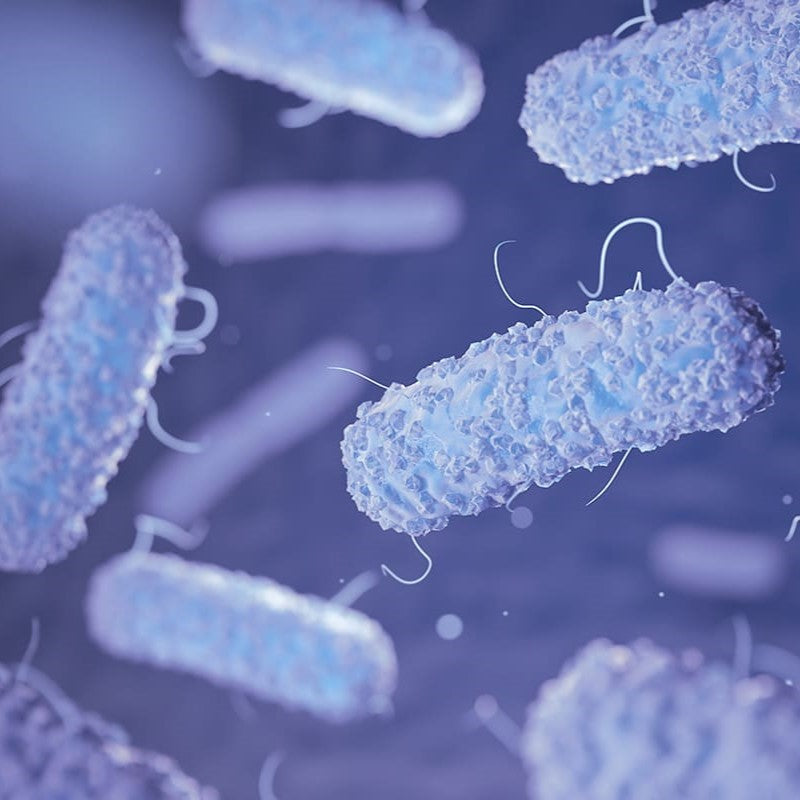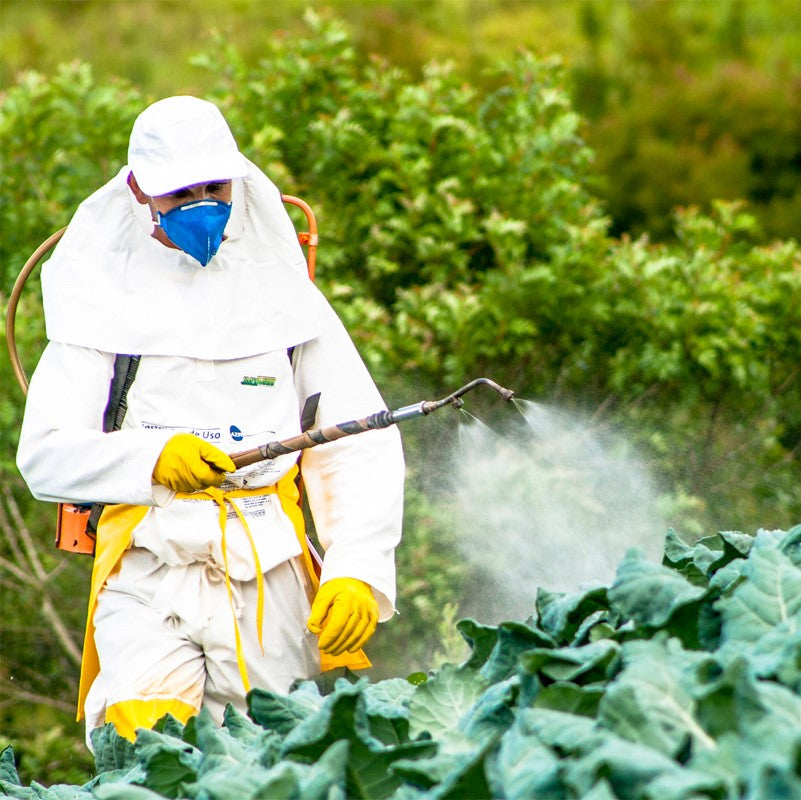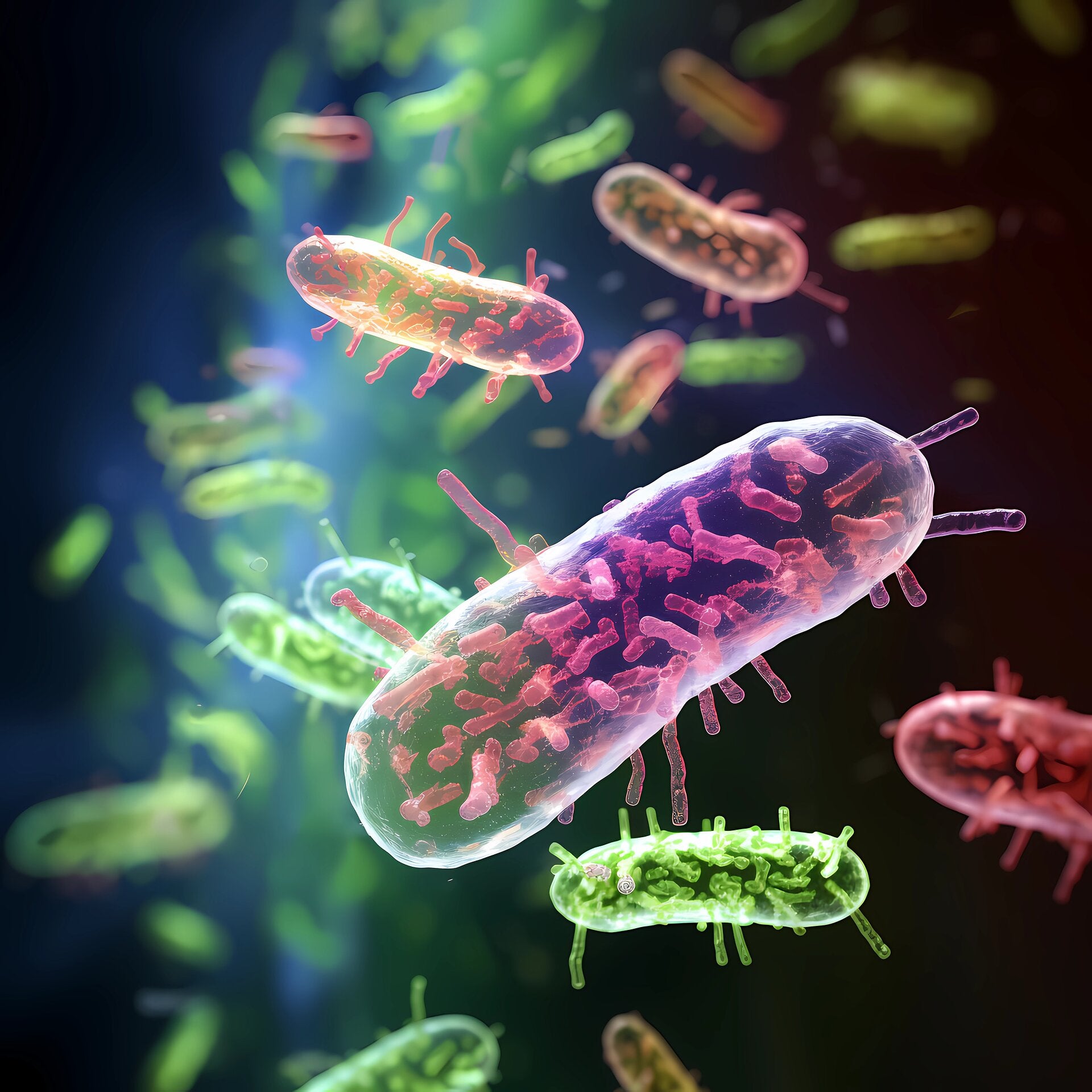Overview of Escherichia coli (E. coli)
Escherichia coli, commonly known as E. coli, is a type of bacterium that primarily resides in the intestines of humans and animals. While most E. coli strains are harmless, some, such as E. coli O157, are pathogenic and can cause severe foodborne illnesses. The contamination Escherichia coli can pose a significant risk to fruits and vegetables, as these produce items can become contaminated through contact with polluted soil, water, or during handling.
Fruits and vegetables are particularly vulnerable to E. coli contamination if they are irrigated with water that has been contaminated with animal feces or if they are not handled or washed properly. E. coli can adhere to the surface of produce and remain viable if not adequately cleaned.
Authoritative research on E. coli contamination is available from sources such as Journal of Food Protection and Foodborne Pathogens and Disease. These studies provide evidence that E. coli contamination can occur due to improper agricultural practices, such as using untreated manure as fertilizer or using contaminated water for irrigation. The findings underscore the importance of stringent hygiene practices and preventive measures in agriculture and food processing.
Health Risks and Consequences
The health risks associated with E. coli infection include symptoms such as abdominal cramps, diarrhea (which can be bloody), and vomiting. Severe infections can lead to more serious complications, including kidney failure, particularly in vulnerable groups like young children, the elderly, and those with weakened immune systems. Medical experts recommend proper food handling, cooking, and washing as key measures to prevent E. coli infection.
Methods for Preventing E. coli Contamination on Fruits and Vegetables
To reduce the risk of E. coli contamination on fruits and vegetables, the following methods are recommended:
While washing with water is a basic method, it may not be fully effective in removing pathogens like E. coli. Chemical sanitizers enhance the cleaning process by providing additional bacterial elimination. Advanced cleaning methods such as ultrasonic and oxidative technologies offer a more comprehensive approach to sanitizing produce.
Milerd Detoxifier
The Milerd Detoxifier is a sophisticated food detoxification device designed to improve the cleanliness of fruits and vegetables. It features a user-friendly touchscreen display that allows users to select various cleaning programs. The device utilizes ultrasonic and oxidative cleaning technologies to remove contaminants such as pesticides, heavy metals, mold, and bacteria.
The Milerd Detoxifier effectively addresses the contamination Escherichia coli and other pathogens. The ultrasonic cleaning function generates high-frequency sound waves that help dislodge and remove dirt and microbes from the surface of produce. The oxidative cleaning process, which involves ozone or other oxidizing agents, further sanitizes the produce. This dual-method approach enhances the removal of bacteria, including E. coli, making the food safer to consume.
Compared to traditional cleaning methods like washing and chemical sanitizers, the Milerd Detoxifier offers several advantages. Its combination of ultrasonic and oxidative technologies provides a more thorough cleaning solution. Research and user feedback indicate that the Milerd Detoxifier achieves a higher level of cleanliness and effectively removes a broader range of contaminants than conventional methods.
Ensure Your Family’s Safety with Advanced Cleaning Solutions
Ensuring the safety of fruits and vegetables is essential for preventing foodborne illnesses, especially in vulnerable populations like children and the elderly. While traditional cleaning methods play an important role, they often fall short in effectively removing harmful pathogens like E. coli. This is where the Milerd Detoxifier can make a significant difference.
By utilizing advanced ultrasonic and oxidative cleaning technologies, the Milerd Detoxifier not only enhances the cleanliness of your produce but also significantly reduces the risk of contamination from E. coli and other harmful bacteria. Don't take chances with your family's health—invest in the Milerd Detoxifier to provide your loved ones with the safest, cleanest fruits and vegetables possible. Start prioritizing food safety in your kitchen today!



Dejar un comentario
Este sitio está protegido por hCaptcha y se aplican la Política de privacidad de hCaptcha y los Términos del servicio.